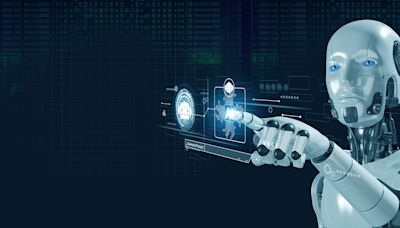Search results
Evolution is the principal scientific theory that biologists use to understand life and is used in many disciplines, including medicine, psychology, conservation biology, anthropology, forensics, agriculture and other social-cultural applications.
Apr 16, 2024 · Evolution 101. An introduction to evolution: what is evolution and how does it work? The history of life: looking at the patterns – Change over time and shared ancestors; Mechanisms: the processes of evolution – Selection, mutation, migration, and more; Microevolution – Evolution within a population; Speciation – How new species arise
Apr 23, 2024 · human evolution, the process by which human beings developed on Earth from now-extinct primates. Viewed zoologically, we humans are Homo sapiens, a culture-bearing upright-walking species that lives on the ground and very likely first evolved in Africa about 315,000 years ago.
Evolution is a process that results in changes in the genetic content of a population over time. There are two general classes of evolutionary change: microevolution and macroevolution....
Biological evolution is the process of change and diversification of living things over time, and it affects all aspects of their lives— morphology (form and structure), physiology, behaviour, and ecology. Underlying these changes are changes in the hereditary materials.
Evolution is a process that results in changes in the genetic material of a population over time. Evolution reflects the adaptations of organisms to their changing environments and can result...
Broadly speaking, evolution is a change in the genetic makeup (and often, the heritable features) of a population over time. Biologists sometimes define two types of evolution based on scale: Macroevolution, which refers to large-scale changes that occur over extended time periods, such as the formation of new species and groups.




